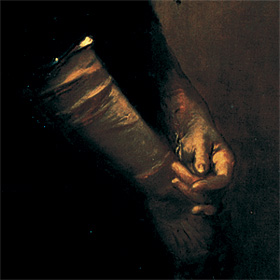 |
|
Unlike the Habsburg
Emperor, who had quashed the revolution, she was welcomed enthusiastically.
Thus the young romantic woman who suffered under both the continuous admonitions
she was subjected to at the court in Vienna and that court's frigid etiquette,
and the nation worn out by its struggle and longing for peace found each
other. Elisabeth, a closet republican, loves and champions the rebellious
and temperamental Hungarians. Her enthusiasm was shared my many of her contemporaries
because during the second half of the 19th century it was "in"
to admire the freedom-loving Hungarians. |
